Current projects
One of the aims of the experimental field is to enable new perspectives on our collections and research, to open up our science and to give new actors a space in the museum. Below we provide information on a selection of current and completed projects in this segment. More projects can be found on the main page of the experimental field.
Writing Workshop Wunderkammer
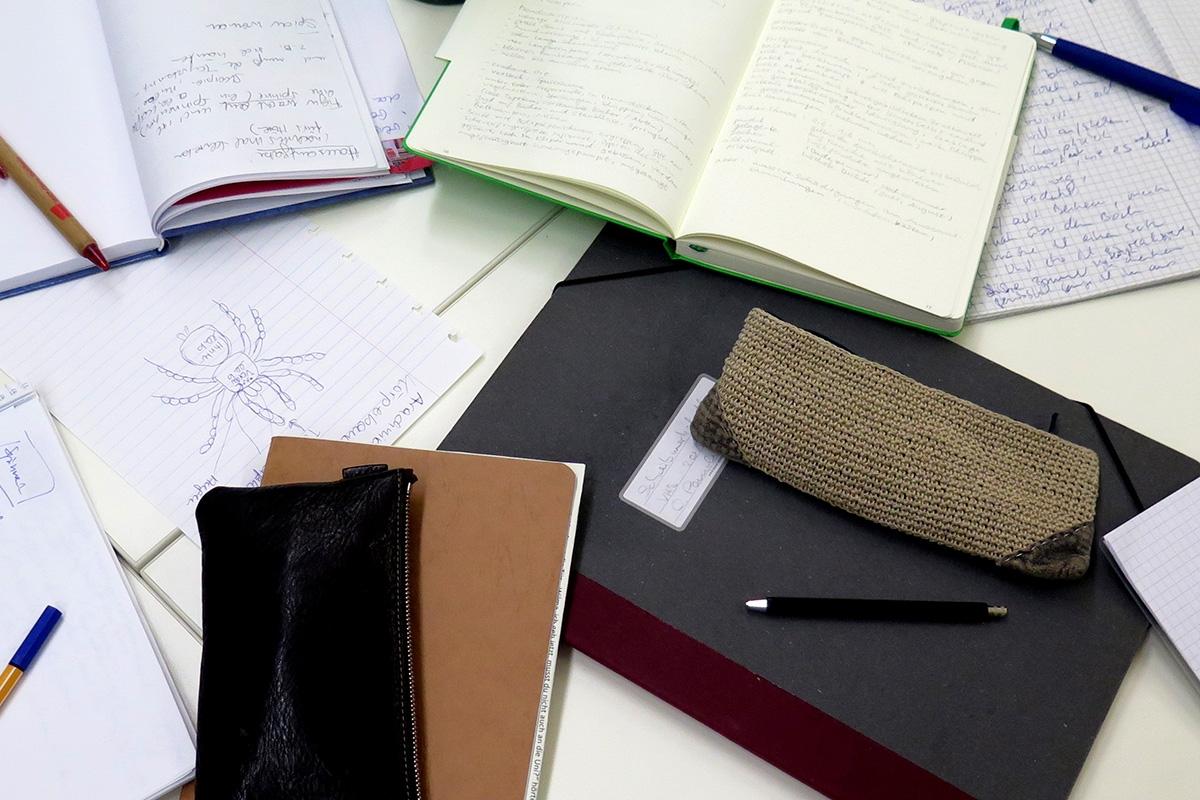
Each month, the Writing Workshop provides an insight into a new field of research or a collection of the Museum under changing direction. Participants use creative writing to open up new perspectives on the contents and collections of the Museum für Naturkunde. The writing training also provides impulses for creative engagement with scientific topics and collection objects. The results are presented in readings and we also plan to publish them.
Photo workshop
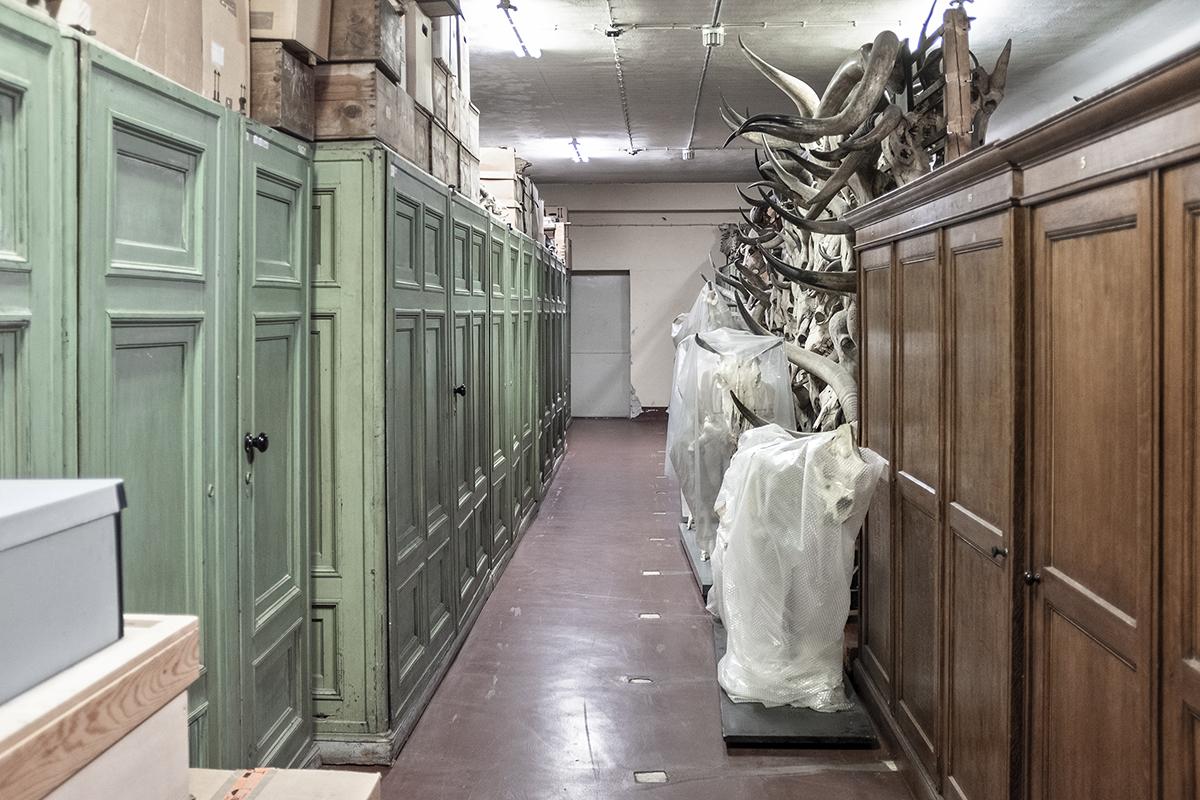
During the first photo workshop under the direction of Claudia Paulussen, twelve participants went with the camera on a journey of discovery behind the scenes and photographed the mammal and butterfly collections. The results provide a unique view of the collections and are already an important documentation of contemporary history before the collections move to a new location. In the next photo workshop, the various libraries of the museum will be portrayed and documented.
Past projects
Youth researches
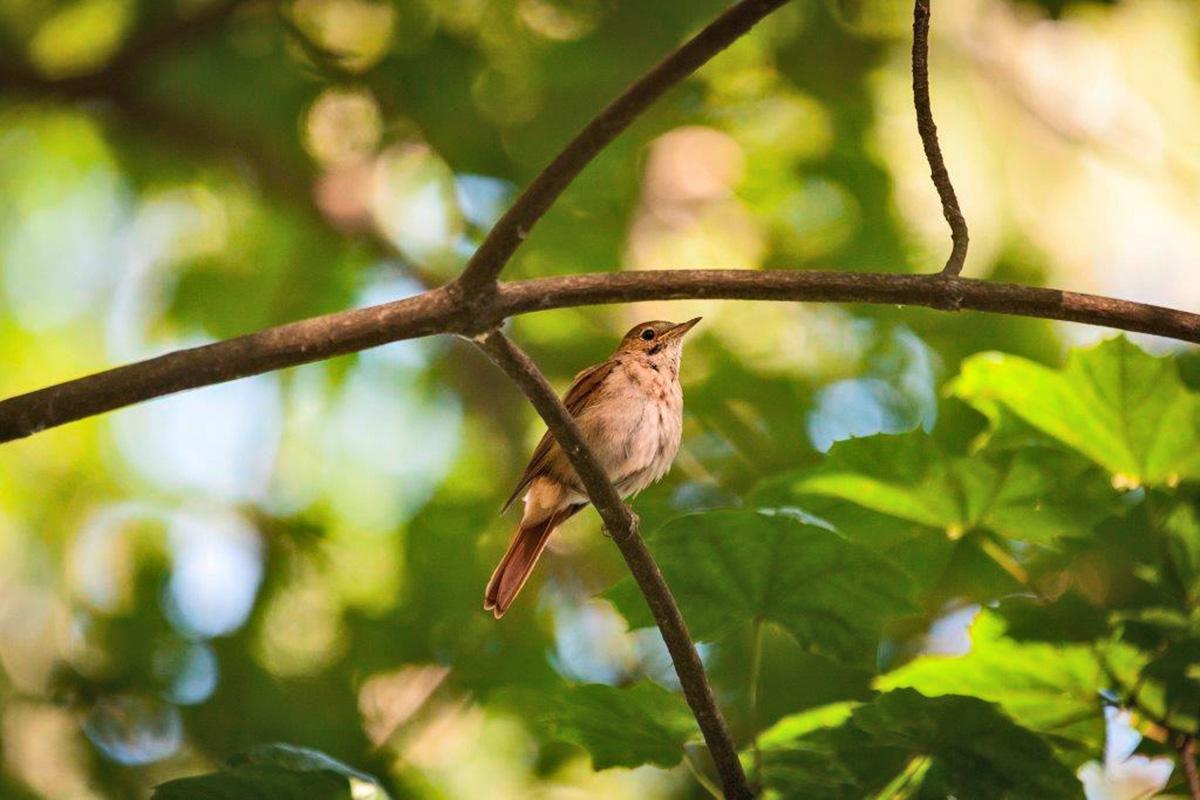
In January, Berlin schoolgirl Charlotte Schneider interviewed visitors to the museum in the experimental field as part of her research for the state competition JugendForscht. Through the survey she wanted to find out which musical means of the birdsong of the nightingale could also have an effect on humans and thus represent a convergent basis for the development of songs. During the three weeks a total of 550 visitors threw a completed postcard into an opinion box placed next to the loudspeaker. The opinion box is a flexible exhibition element that can be used for surveys. This is an impressive number for such a short survey time and shows on the one hand that the visitors like to participate as informants in the research and on the other hand that the format of the opinion boxes for research questions requiring a large sample is a suitable instrument and the experimental field a suitable place for it. The work was awarded first prize in biology in the Berlin South state competition.
ODDKIN°lab
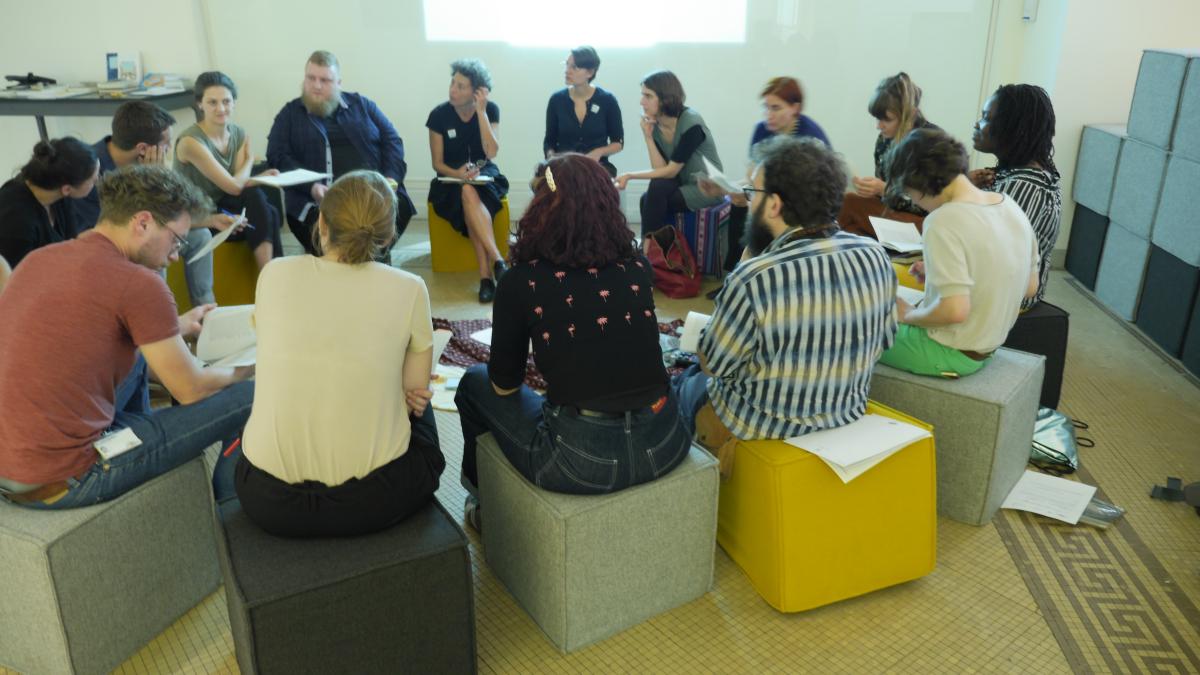
In the three workshops of the ODDKIN°lab by Chiara Garbellotto and Sina Ribak, objects, spaces and narratives of the museum were questioned anew with a transdisciplinary approach. Topics and guests were among others the research collective Laboratorio de Pensamiento Lúdico (Laboratory of Ludic Knowledge), which deals with methods of games for knowledge disciplines, the artist Sybille Neumeyer for a multi-perspective investigation of rocks and stones as "storied matter" and the visual anthropologist Debbie Onuoha for the exploration of intersections of film and taxidermy.
Funded by the Robert Bosch Stiftung and the Alexander von Humboldt Stiftung/Foundation.
Supermarket ErbundGut - a research project
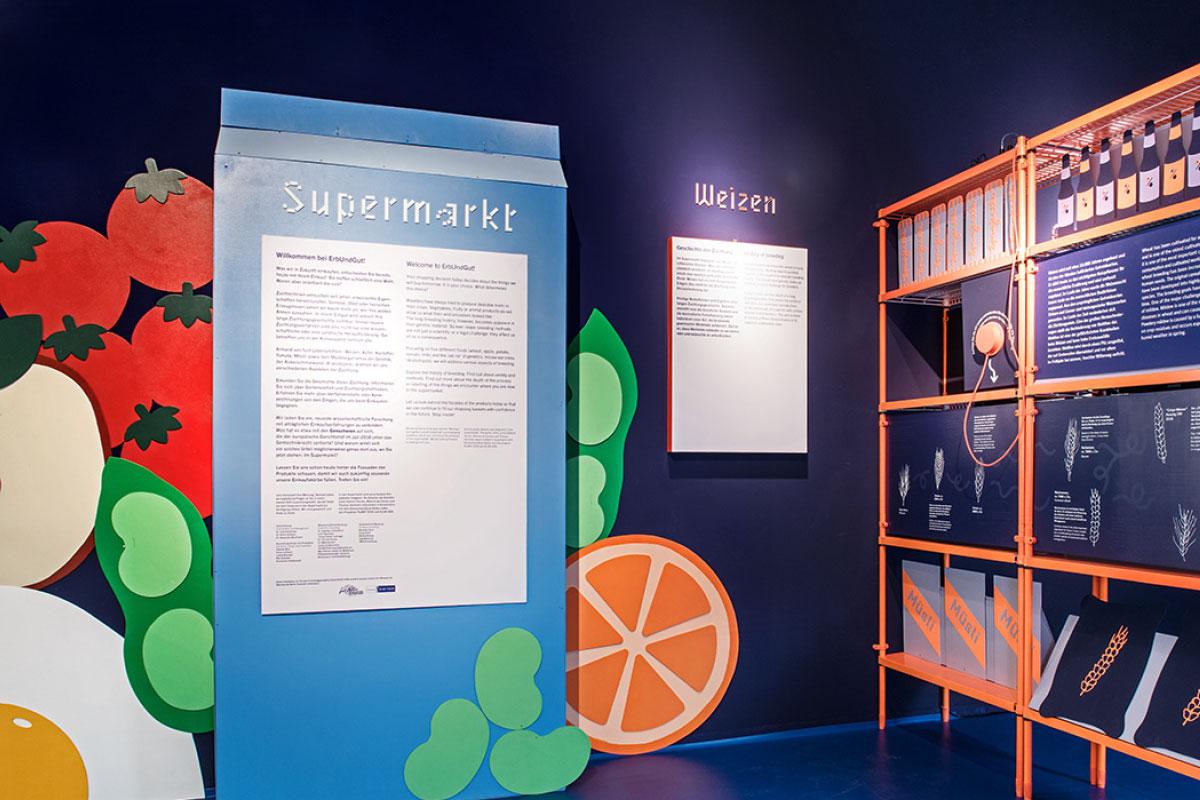
The interactive installation of the supermarket under the direction of Dr. Julia Diekämper, Dr. Katrin Vohland and Dr. Alexandra Moormann of the research project "GenomElection" offered an insight into methods and application of genomediting methods and animated visitors to inform themselves about and position themselves for this current social debate.
Biodata Hackathon
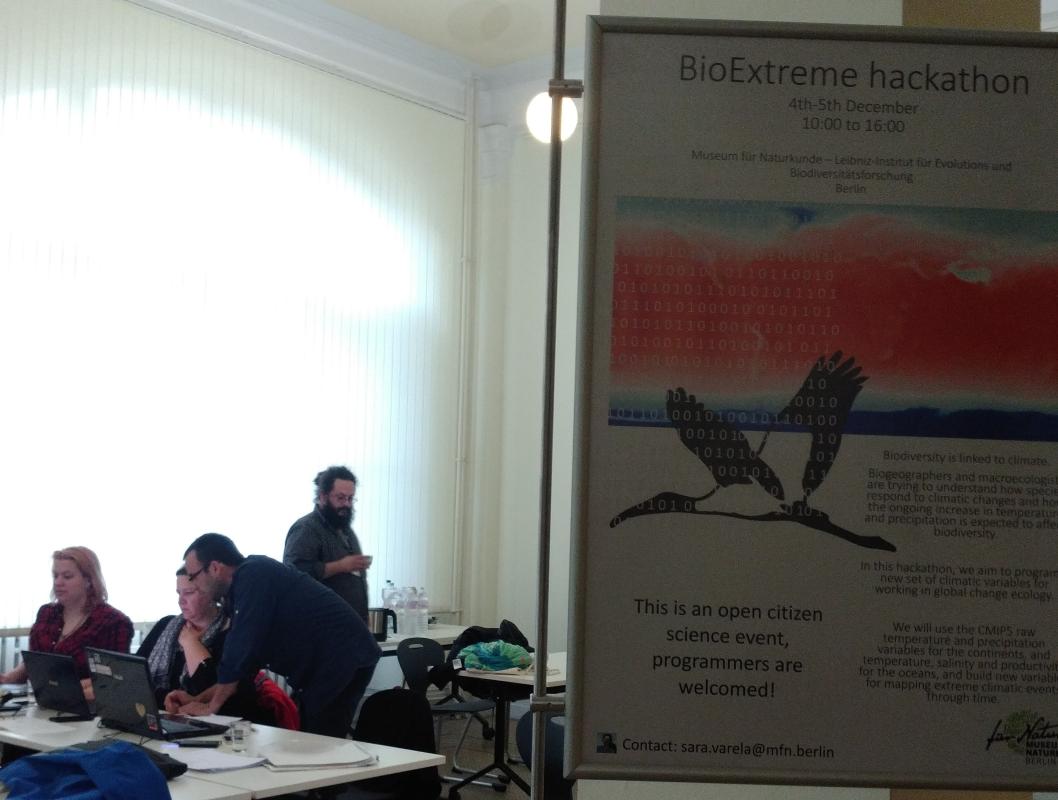
Initiator and organiser of the hackathon, Sara Varela, scientist in research area 1 of the Museum für Naturkunde with a focus on species extinction in mammals, originally planned the hackathon in a closed room and, at the suggestion of the management of the experimental field, relocated it to the public rooms of the experimental field. Sara Varela as well as several MfN colleagues and some external scientists took part in the hackathon to bring together climate data on extreme weather events with data on species extinction. The visitors were informed about the hackathon with a poster and invited to participate. In this way, science could be made visible and authentically presented as a process .